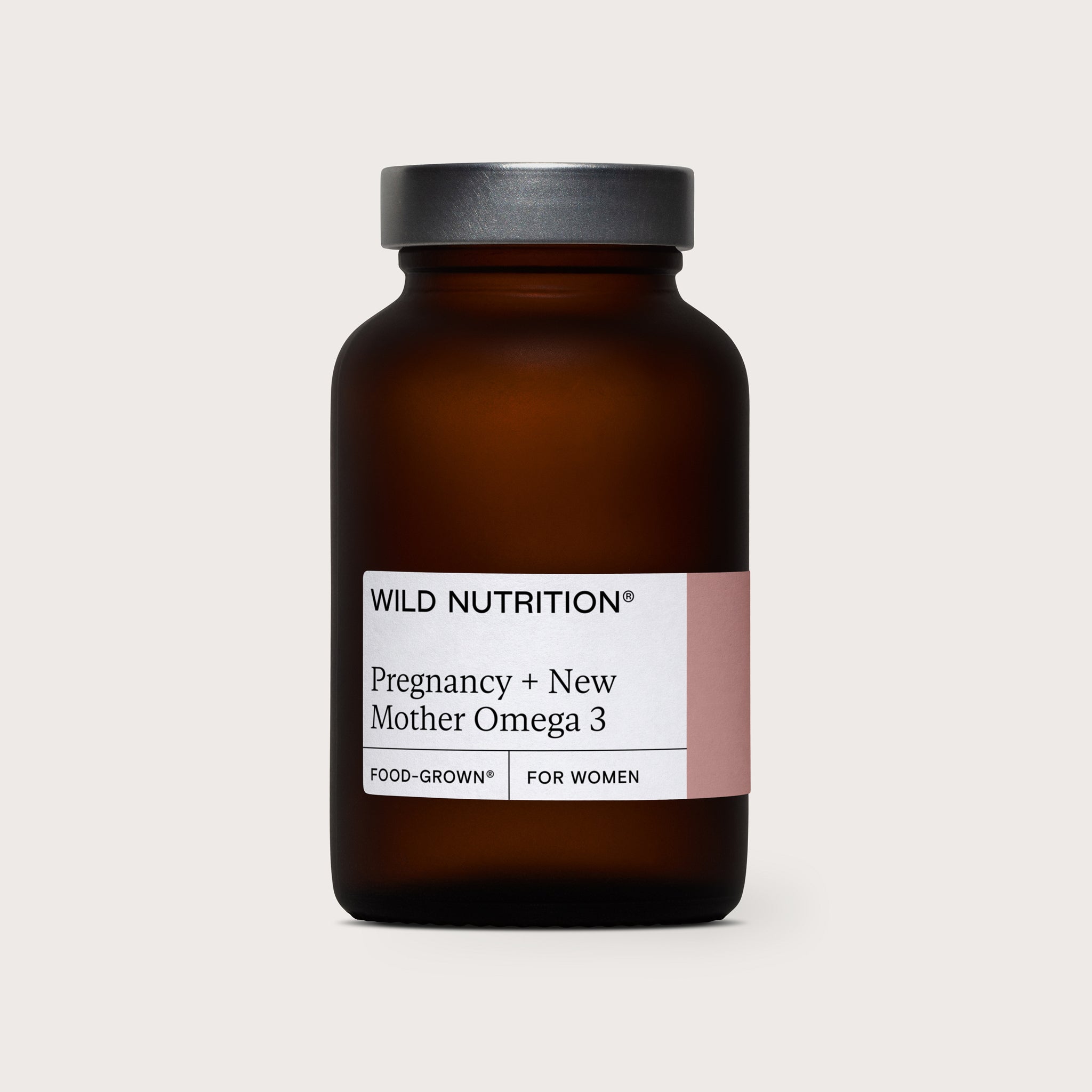
Joint health: 6 Foods to avoid
Looking after our joints requires a whole systems approach. Just as including certain foods in our diets can be a powerful preventative measure and provide effective support for existing joint conditions, it's just as important to be mindful of foods that we should try to avoid.
The following groups of foods may be best avoided or kept to a minimum when looking after your joints.
1. Sugary foods and refined carbohydrates
Sugar can have a detrimental effect on our health in many ways, including by exacerbating inflammation. Refined carbohydrates – white bread, pastries, pasta, pizza etc. – break down quickly into sugars when digested so are just as problematic. Aim to replace these with whole grain carbohydrates such as brown rice, oats, quinoa and good quality wholemeal bread. (Some people may do better avoiding wheat at all and trying rye bread or other alternative wheat-free options.) Alcohol is also included in this group. And watch out for added sugar in processed foods or even foods that are marketed as 'good for you' such as fruity yoghurts and tinned vegetables.
2. Caffeine
When it comes to tea or coffee, tea is a better option, but stick to one to two cups a day to limit caffeine intake. Try to replace tea and coffee with alternatives such as grain ‘coffees’ based on barley, rye or chicory, or rooibos tea which tastes similar to normal tea but is naturally free of caffeine and other stimulating substances.
3. Fizzy drinks
They are either high in sugar or in artificial sweeteners, neither of which are beneficial.
4. Red meat and organ meats
These can be best limited to one or two servings a week, as they can be acid-forming and high in a pro-inflammatory omega-6 fat called arachidonic acid. They can also be rich in nutrients, however, so for most people they do not need to be excluded entirely.
5. Fried foods
Try to avoid any fried foods, particularly those fried in vegetable oils. Vegetable oils are high in omega-6 fatty acids, which in high levels can convert to pro-inflammatory substances in the body, and also become rancid when heated to high temperatures. Fry or roast food in oil only occasionally. Olive oil is a slightly better alternative to normal vegetable oils but its fatty acids can still spoil at high temperatures, so avoid heating it to smoking point. Coconut oil can be a much better alternative: as it is mainly composed of saturated fats, it does not spoil at high temperatures, while still providing a healthier alternative to butter and other animal fats. De-odourised coconut oils are also available for cooking if you want to avoid the coconut flavour/smell.
6. Nightshade vegetables
Nightshade family vegetables may cause a problem for those with arthritis as these foods seem to trigger inflammation in the joints. The nightshade family are tomatoes, white potatoes, aubergine and peppers. (Note: black pepper as a spice is not included in this group and is fine to use).












